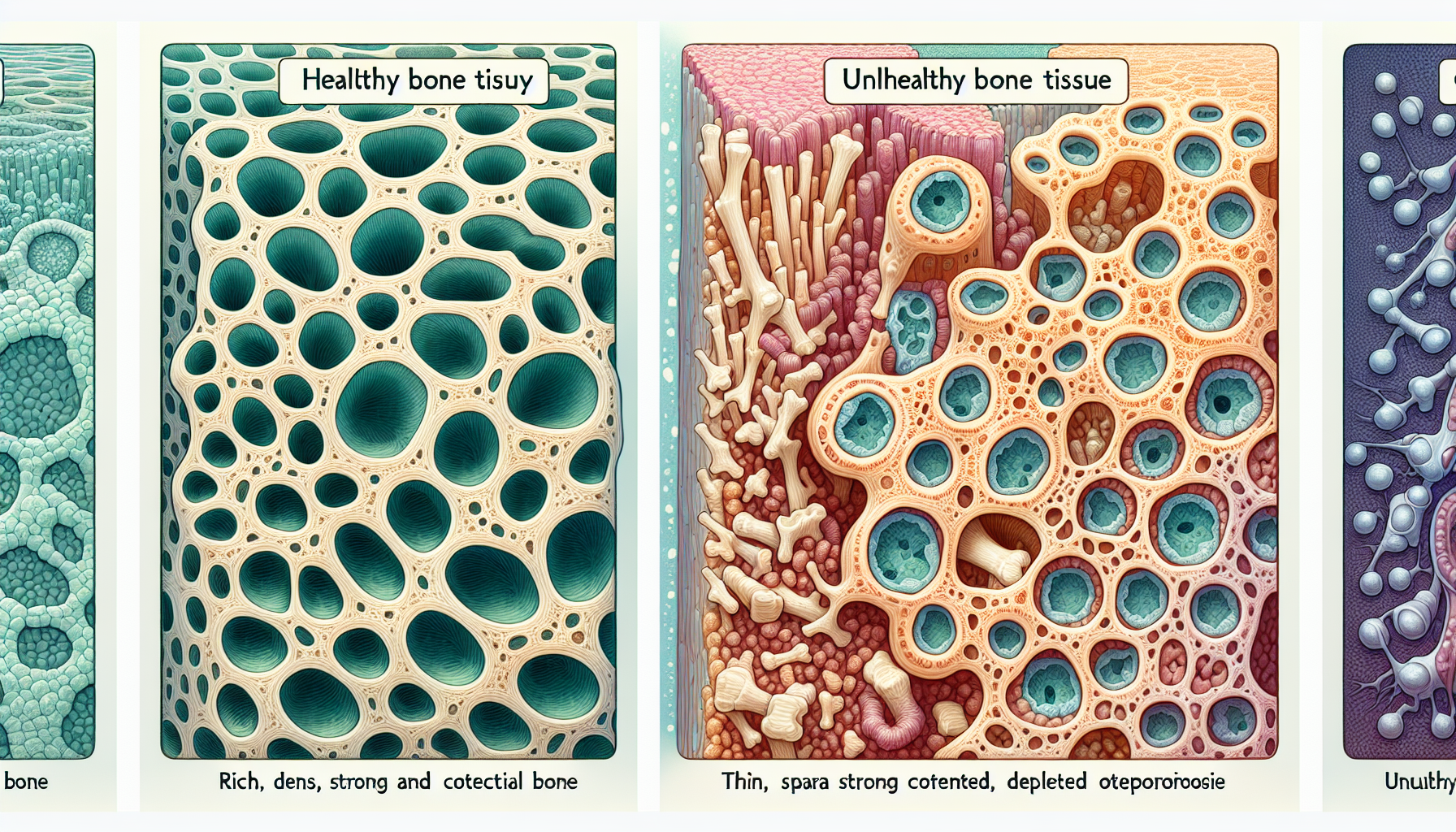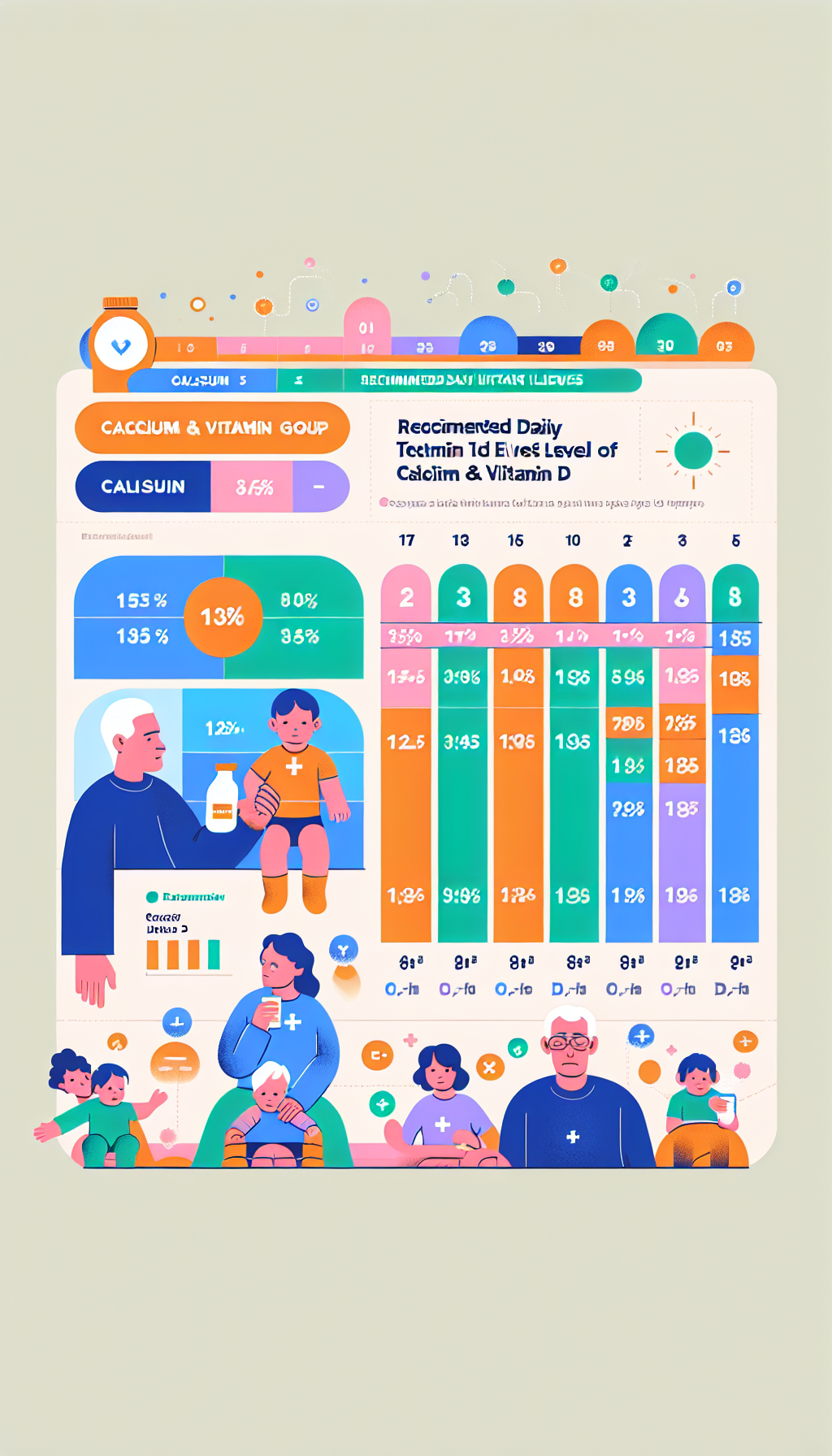Menstrual irregularities can have a profound impact on a woman’s overall health, particularly on her bone health. The monthly menstrual cycle is a key indicator of hormonal balance and reproductive health, which, in turn, can influence the strength and density of bones. Understanding the link between the menstrual cycle and bone health is critical for women of all ages, as it can affect their risk of developing conditions like osteoporosis later in life.
Hormones and Bone Health
Estrogen, a hormone that plays a crucial role in the menstrual cycle, is also vital for maintaining bone density. It helps to regulate the turnover of bone, balancing the process of bone resorption and formation. When estrogen levels are consistent, bones are more likely to maintain their strength. However, during periods of menstrual irregularity, such as in cases of amenorrhea (absence of menstruation), estrogen levels can fluctuate or remain low, leading to an increased rate of bone loss.
For more comprehensive information on the role of hormones in bone health, visit Avix Health’s dedicated Bone Health section.
The Menstrual Cycle and Bone Turnover
The menstrual cycle typically operates on a 28-day rhythm, with fluctuations in estrogen and progesterone. These hormonal changes influence the bones’ metabolic process, and any disruption can cause an imbalance in bone remodeling. Menstrual irregularities, whether they are infrequent periods, overly frequent periods, or complete cessation of periods, indicate disruptions in this hormonal cycle, which can interfere with the body’s ability to maintain healthy bones.
Long-term Risks of Menstrual Irregularities
Women who experience prolonged menstrual irregularities are at a higher risk of developing osteoporosis, a condition characterized by porous and fragile bones. This is particularly concerning for adolescent girls and young women, as adolescence is a crucial time for accruing bone mass. Peak bone mass is generally reached by the late twenties, and if a woman’s body cannot build sufficient bone mass due to hormonal imbalances during this time, she may face a higher risk of fractures and bone-related issues later in life.
To understand more about how high-impact activities can affect bone health, one might consider the insights from Assessing the Impact of High-Impact Sports on Bones.
Diagnosing Menstrual Irregularities
It’s essential to diagnose the cause of menstrual irregularities to protect bone health. Conditions such as polycystic ovary syndrome (PCOS), thyroid disorders, and hyperprolactinemia can cause irregular menstrual cycles and impact bone density. A healthcare provider may recommend a series of tests, including blood tests to check hormone levels, ultrasounds to examine the ovaries, and bone density scans to assess bone health.
Strategies to Mitigate the Impact on Bone Health
Women with menstrual irregularities can take steps to protect their bone health. These strategies include:
-
Nutrition: A diet rich in calcium and vitamin D is essential for bone health. Calcium-rich foods and adequate sunlight exposure can help, but in some cases, supplements may be necessary. The importance of proper nutrition for bone integrity is further elaborated in the article on Strategies for Enhancing Calcium Retention in Bones.
-
Exercise: Weight-bearing and muscle-strengthening exercises can help build and maintain bone density. The Role of Exercise in Preventing Bone Loss provides valuable insights into effective workout routines.
-
Lifestyle Modifications: Limiting alcohol intake, quitting smoking, and maintaining a healthy weight all contribute to stronger bones.
-
Medication: In some cases, hormonal contraceptives or other medications may be prescribed to regulate the menstrual cycle and maintain estrogen levels.
External Support and Resources
To enhance understanding of menstrual irregularities and bone health, the following resources can be explored:
- A detailed review on the role of reproductive hormones in bone health, available through a specialized endocrinology journal.
- A comprehensive guide on nutrition for bone health, particularly focused on the needs of women with menstrual irregularities, found on a nutrition-focused research database.
- An in-depth article on the latest therapeutic strategies for managing bone health in women with menstrual disorders, hosted by a medical society dedicated to bone research.
Future Perspectives
With ongoing research in the field of reproductive endocrinology and bone metabolism, new insights into managing the impact of menstrual irregularities on bone health are emerging. Advancements in medical treatments and an increasing awareness of the importance of lifestyle factors continue to improve the prognosis for women dealing with these challenges.
Conclusion
Menstrual irregularities are not merely a reproductive issue; they have significant consequences for a woman’s bone health. Estrogen plays a dual role in regulating both reproductive functions and bone density, making it vital to address any disturbances in the menstrual cycle promptly. Through a combination of medical intervention, lifestyle changes, and proper nutrition, women can take proactive steps to mitigate the impact of menstrual irregularities on their bones and ensure their long-term health and well-being.
For more insightful health articles and resources, be sure to explore the wealth of information available at Avix Health.



